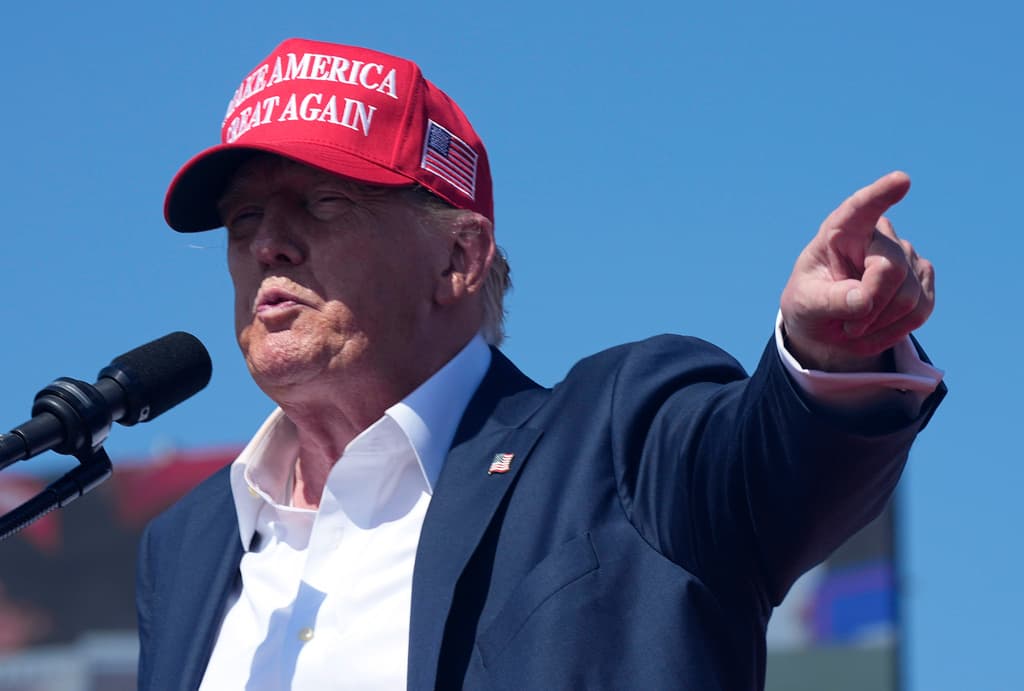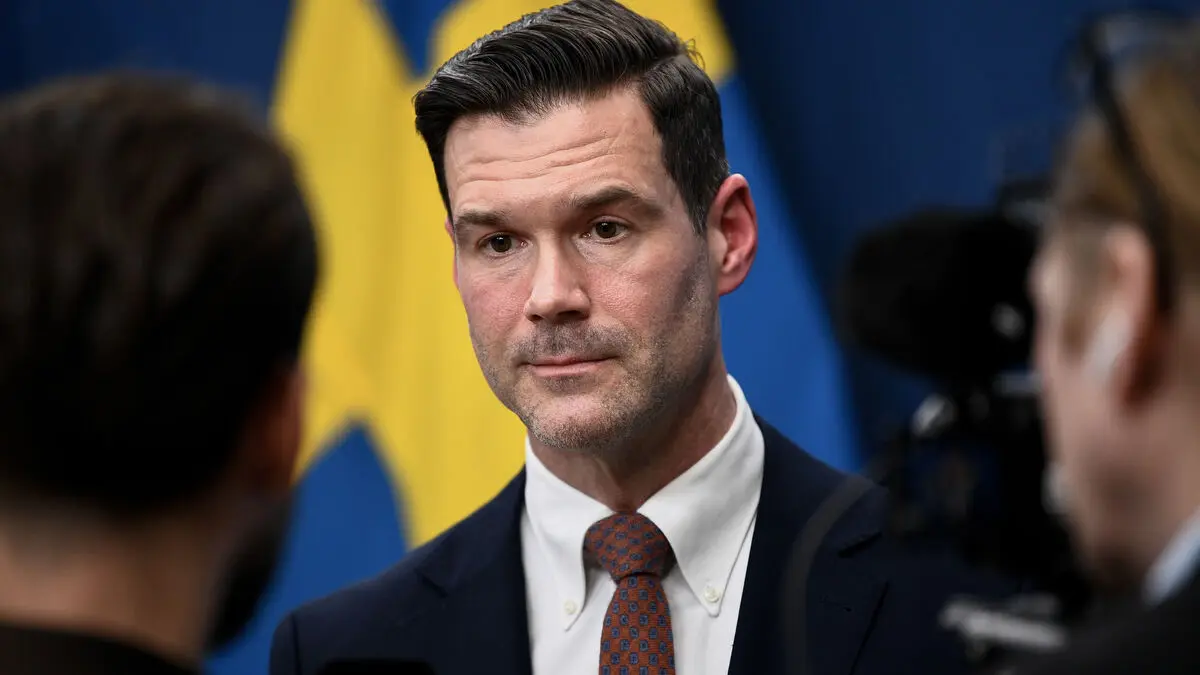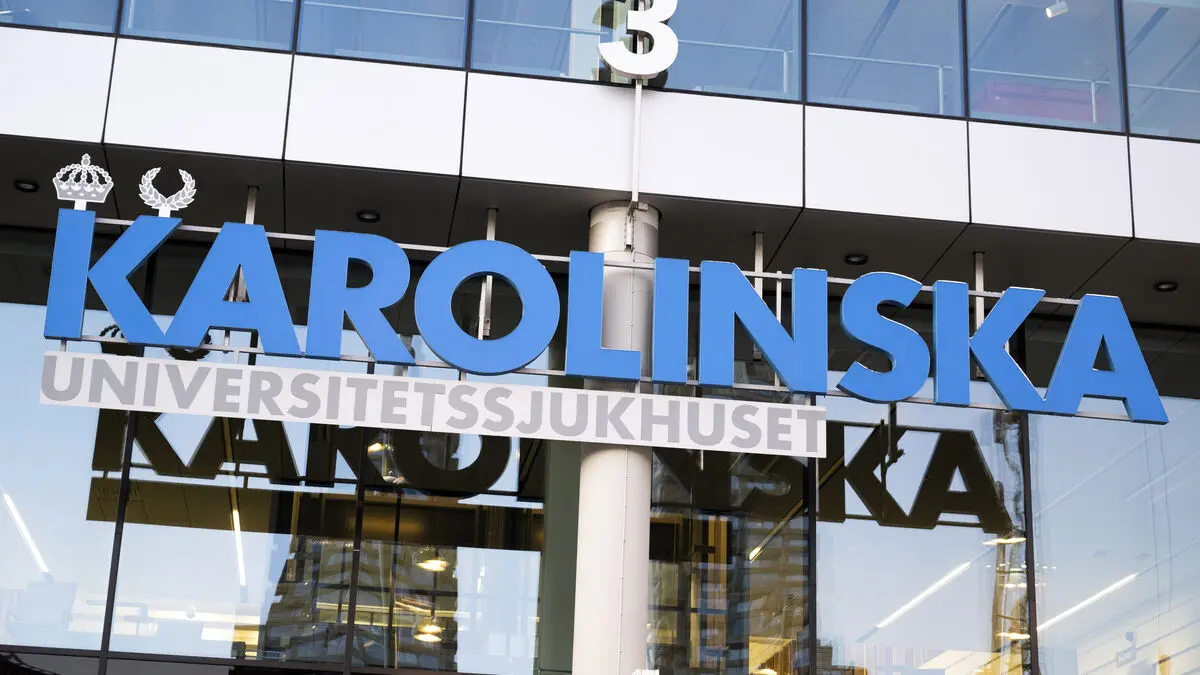NATO is celebrating its 75th anniversary in conjunction with the summit in Washington, now with Sweden as a member.
In the background, future challenges lurk, and a big question: What happens in the long run if Donald Trump becomes president?
History is being written for both NATO and Sweden. The meeting, which starts on Tuesday, is an opportunity to simultaneously celebrate the defense alliance that is turning 75.
For Sweden, with Prime Minister Ulf Kristersson at the helm, it is also the first time participating as a full-fledged member. One of the questions ahead is, however, what status the 75-year-old has, and challenges are certainly not lacking at present.
Several factors
Kjell Engelbrekt, professor of political science at the Defense University, sees several positive factors: new additions of member countries – Sweden and Finland – and a green light for a new Secretary-General in the form of Dutchman Mark Rutte.
Engelbrekt's colleague Lisbeth Aggestam, associate professor of political science at the University of Gothenburg, highlights the fact that several NATO members are now actually increasing their defense budgets.
Now they are investing very heavily, it's not a question of if, but how much, and they see the value of this. From that perspective, one can say that NATO is more important than ever, she says.
Among the question marks is how the host of the meeting, the USA, views NATO's future, especially if Donald Trump is elected president in the fall. Trump threatened to withdraw the USA from NATO during his first presidential term. Since then, the geopolitical tensions surrounding Taiwan and China have only increased, notes Kjell Engelbrekt.
He raises a scenario where the USA moves its military presence from Europe to Asia and the Pacific region to mark its presence against China. What would then be left in Europe?
I have long noted that the USA wants Europe to take care of its conventional defense, it was clear already during Barack Obama's time. There should, however, be the possibility of sending in reinforcements, perhaps the Marine Corps, in the event of a conflict, but the Europeans should take their own responsibility, he says.
An improbability
Lisbeth Aggestam, in turn, assesses it as unlikely that Trump would take the USA out of NATO.
It's something he can't just decide on his own, but it has to go through Congress. What is possible is that he would want to reduce American NATO contributions.
Then, eight years ago, Trump claimed that Europe was doing too little, but the situation is different now, notes Lisbeth Aggestam:
That was his big stick, and especially against Germany and Angela Merkel, a weak Europe that doesn't invest in its defense, where we are not now.
For the guest of honor in Washington, Ukraine, and its president Volodymyr Zelensky, the concern is great about what a Trump victory would mean in terms of military contributions. Zelensky raised in an interview with Bloomberg that clarity is needed before the fall. Kjell Engelbrekt is harsh on that issue:
I think it can be the last time we see a support package like the one voted through in Congress. But Europe must compensate, and I think they have begun to realize that. They will accelerate that process.






